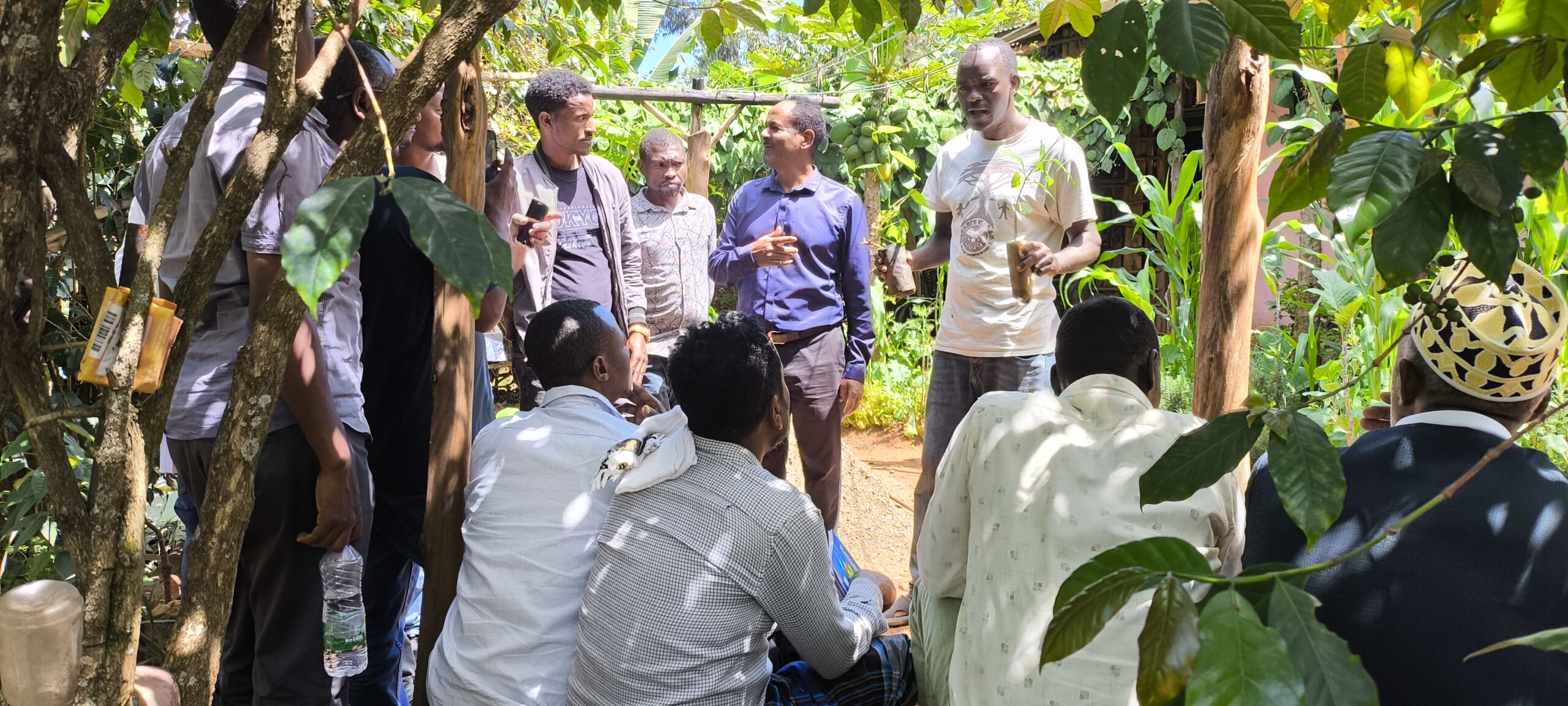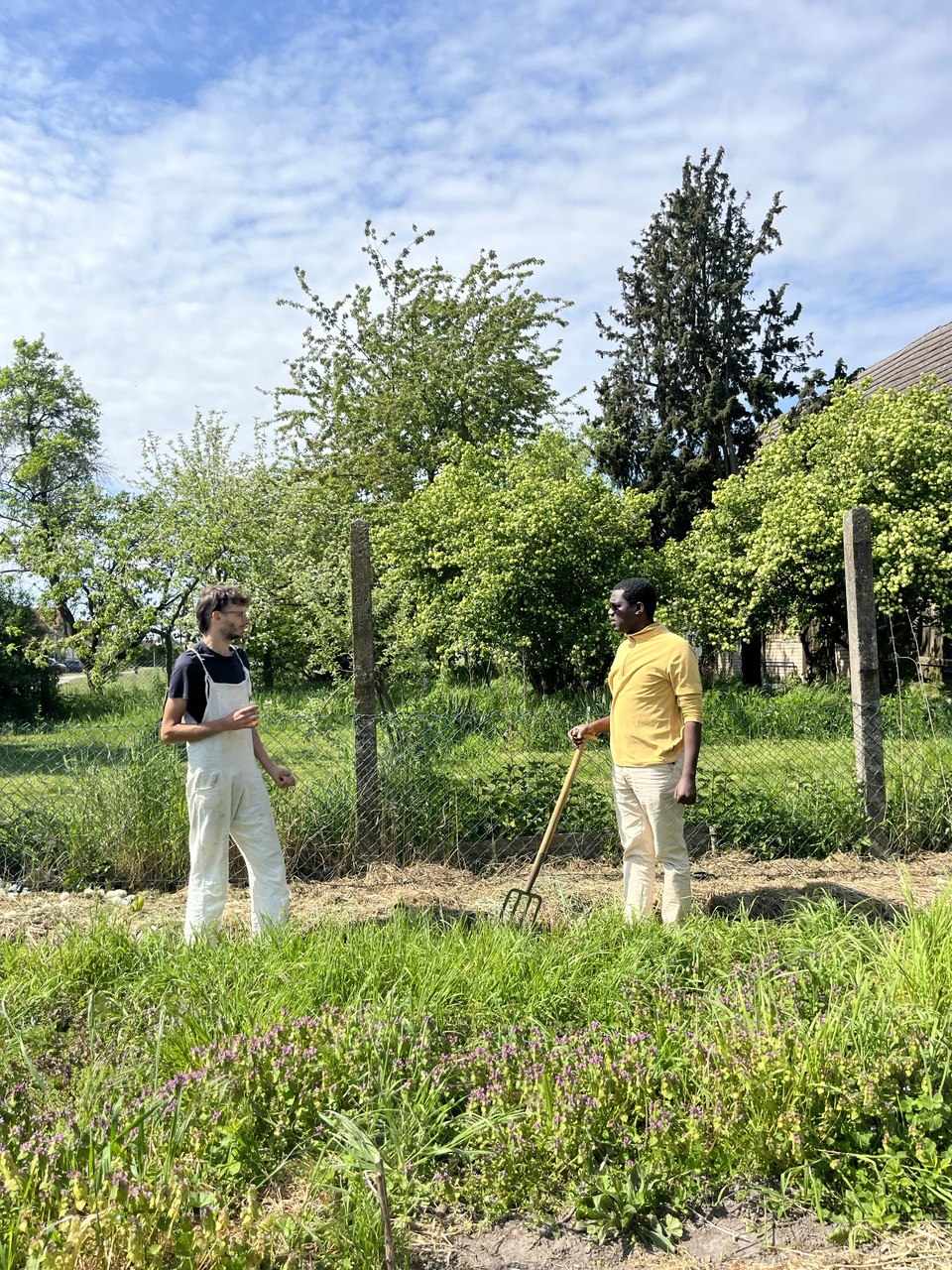Permaculture for Water-Scarce Areas

PELUM Ethiopia Consortium is a network of civil society organizations established on April 27, 2016, and registered under Ethiopia’s Civil Society Organizations Proclamation No. 1113/2019 with registration number 3624. The consortium currently includes 15 member organizations working across six regional states and one city administration.
Since its establishment, PELUM Ethiopia has actively engaged with grassroots communities—including farmers, pastoralists, and agro-pastoralists—implementing a wide range of initiatives. These cover thematic areas such as: Agroecology and sustainable agriculture, Nutrition and livelihoods, Natural resource management and climate change, Knowledge management and capacity building, Lobbying, advocacy, and campaigns, Networking and partnerships.
As part of its ongoing commitment to empowering communities and enhancing climate resilience, PELUM Ethiopia organized a capacity-building training on permaculture for selected farmers and agricultural experts from water-scarce regions.
The training was conducted in collaboration with Asmelash Dagne at the Gamole Integrated and Sustainable Natural Resources Management Training Center in Gardula Zone, Southern Ethiopia.
Project Purpose
The primary goal of this training was to equip farmers, development agents, and agricultural experts with the knowledge and practical skills needed to apply permaculture principles in water-scarce areas—enhancing sustainable agriculture, improving food systems, and restoring ecological balance.
Project Objectives
- To introduce the theoretical foundations of sustainable agriculture and resilient food systems.
- To familiarize participants with permaculture design thinking, core principles, and practical processes.
- To provide hands-on training in designing and implementing permaculture-based systems.
- To guide participants in developing actionable plans to apply permaculture practices in their communities upon returning home.
